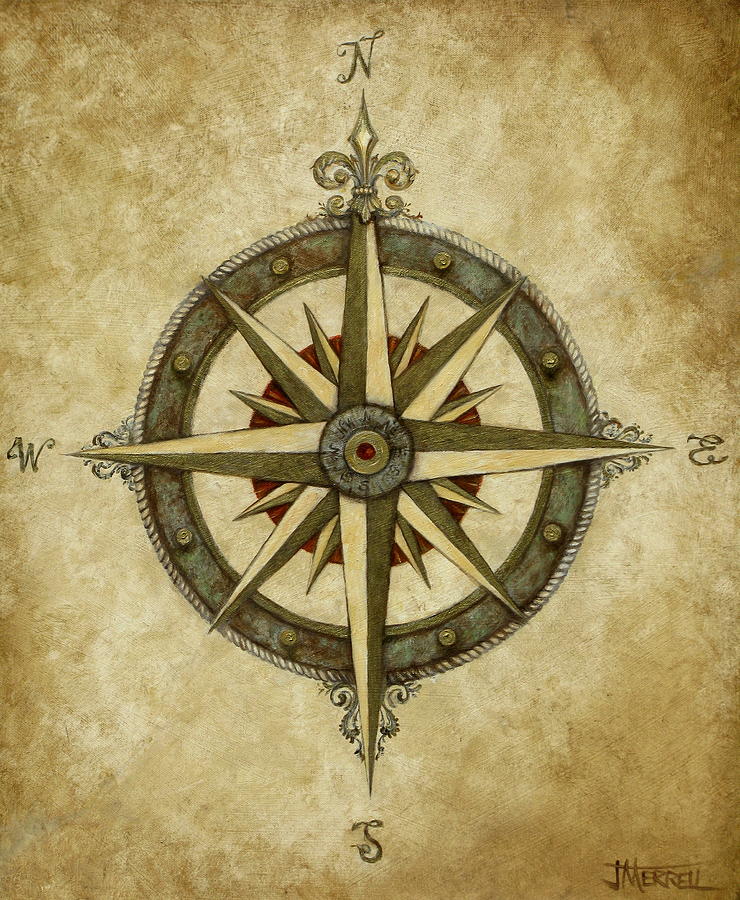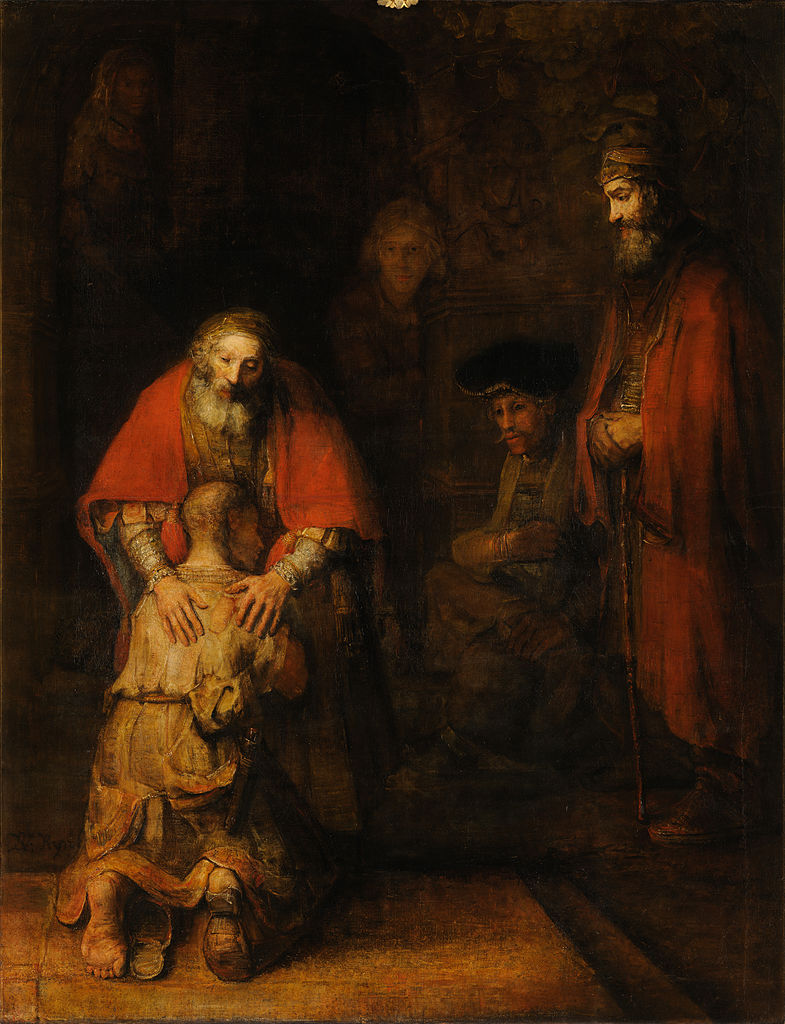What is the
vita beata, the good life?
What is worth our lives and deaths?
Perhaps life is worth living when we fill every moment with pleasure. Perhaps we are best off pursuing the best houses, the best cars, the best food, the best books, the best lovers. Assuming that we do accomplish the unlikely feat of maintaining such a state of euphoria, though, is it worthy of our deaths?
When we die surrounded by gold plates, fine wines, sports cars, jets, and private libraries, all of these things will be divided up amongst heirs who knew we only valued their persons if and when they contributed to our obsessive indulgence. Our memories, if they persist, will portray us as selfish, petty, immature, and heartless. In the end, if oblivion is what waits beyond the grave, what do a few moments of bitterly won rictus-grin-frenzy weigh against eternal darkness?
Perhaps, upon reflection, it is best that we live a life of service. We must dedicate ourselves to humanity, sacrificing every moment to the advancement of mankind. We will carve out a better world, and what we have given in "blood, sweat, and tears" will burn our names into the annals of history.
Then we will die. We will leave this world, and the women whose rights we so toiled to protect will continue to submit themselves to mistreatment. Slavery, though legally abolished, will persist in secret. Parents will abuse children. Strangers will be exploited. Politicians will remain corrupt, citizens will remain both destroyed and destructive. Our human efforts to hold back that foaming tide will be for naught.
"Vanity of vanities, all is vanity," says the Preacher.
Yet.
There is a twist in the plot. What was once a world of despair and futility becomes a thrilling masterpiece of shifting, dancing light. How can this be? Our hope, fellow soul, is in this: We are not the only characters in this narrative.
Divinity. The Supreme Being. The King of kings. He Who is perfectly righteous and just. The One Who is love. Jesus the Savior. When God takes the stage, extraordinary things happen.
This Deity has "put eternity" in our hearts. We were meant for immortality. We were meant to seek the big picture. Even though, in this temporal plane, "no one can find out the work that God does from beginning to end," we know that "He has made everything beautiful in its time." With this glorious thought, and in the presence of this glorious Being, we can rest knowing that evil is only the darkness in Rembrandt's
Return of the Prodigal Son. It is shading, deep and poignant, in the hands of the Master Artist, Who will furthermore bring about perfect justice "in the fullness of time."
Our hope is that this magnificent Creator took that very evil on Himself by allowing Himself to be crucified in order to heal our relationship with Him. It is not just our suffering which He has used to craft His perfect story, but also His own. Trusting Him, we can be confident that the conclusion to which He is masterfully drawing the seemingly disparate threads of history will be magnificent, because He Himself is so. Trusting Him, we can be confident that nothing is better than for us "to rejoice, and do good" in our lives. As the writer of Ecclesiastes says, "Every man should eat and drink and enjoy the good of all his labor -- it is the gift of God."
So, what is the
vita beata?
"Let us hear the conclusion of the whole matter:
Fear God and keep His commandments,
For this is man's all.
For God will bring every work into judgement,
Including every secret thing,
Whether good or evil."
Love God. Love your neighbor. Trust Christ for your righteousness. Do the good works that He has given you to do. And while you're at it, have a rockin' good time.
That, my friend, is the incredible Christian life.




